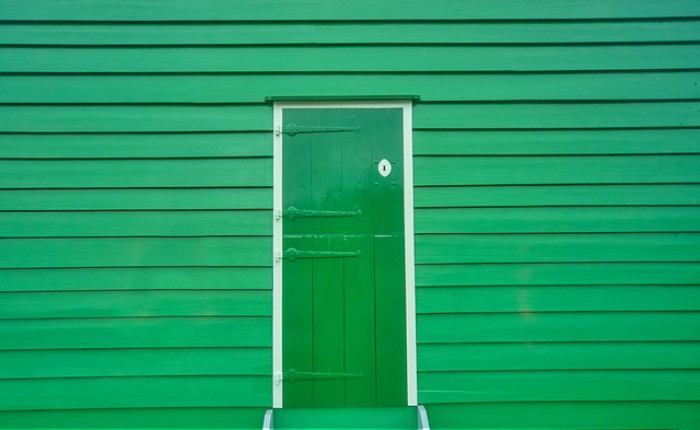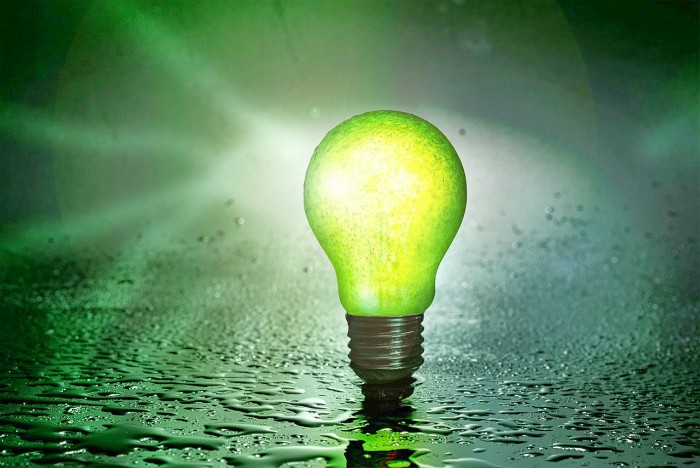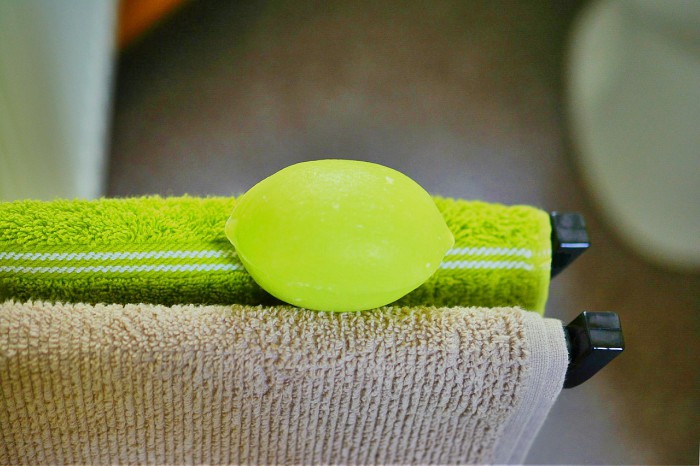
Deep down we all want to live in a healthy, environmentally friendly society, right? Sadly, many of us continue to do the same old things that are causing the world significant problems, and many of them stem from the way we lead our lives at home. There are several reasons why this situation occurs.
Firstly, it’s due to bad habits. We’re just used to acting in a specific way or get used to using particular products without ever thinking about it. Secondly, there is an element of ignorance to confront. Sure, your home might be clean and garbage-free, but can you honestly say you know where all your household trash ends up?
Finally, many of us are busier than ever, whether we are working hard in our jobs, raising children, or trying to do both at the same time. The reality for most households is that making positive, environmentally friendly changes seems to be a time-consuming process. And, that even if you did lead a greener home life, what difference would it make to the planet’s health anyway?
Well, the reality is that it can make a huge difference. If you make the decision to go green, there are likely to be dozens of other people around the world that are doing the same. And once you realize the benefits of eco-friendliness – which include saving plenty of money – it’s a positive message to use to encourage your friends, family, and acquaintances to do the same. It doesn’t have to be complicated, either, and there are plenty of things you can do right now that will make a difference. Here are a few ways your home could be damaging the planet – and some alternatives ways of thinking.

The lights
It’s amazing that people still don’t seem to understand the cost of leaving lights on unnecessarily. If you can see from natural light, you don’t need illumination. And you never, ever need a light on if you aren’t in the same room – it’s a complete waste of energy and resources. Depending on the light source, you could save hundreds of dollars every year, just by switching off every time you are finished with the light. It’s just the outcome of bad habits picked up over the years, so consider ways of making turning the lights off a natural thing to do. Try sticking post-it notes or stickers beside every light switch to nudge you into affirmative action, to form better habits than you have right now. It won’t take long – a couple of weeks, perhaps – until you find it comes naturally.
Your food
Be honest – how much do you know about the food you eat? Some parts of the food industry use processes to grow and rear food that is incredibly damaging to the environment. For example, the meat you pick up at your grocery store of choice is often reared on an industrial scale and fed by soy crops and grains. Unfortunately, many of these crops are grown on land that used to be rain-forests and is also responsible for a lot of soil depletion and climate pollution. You also need to bear in mind the carbon footprint of all the food you eat. Sure, it might be nice to eat particular foods out of homegrown seasons, but should you be eating food grown many thousands of miles away, in another country? If you want to be a greener household than you are right now, look into finding out more about the food you eat – and try looking into sustainable eating.
Cleaning products
Every household likes to keep a clean home, of course. But at what cost? Unfortunately, many household cleaners – and even bathroom products – are made from harsh, nasty chemicals that can be incredibly damaging to the environment, not to mention dangerous to children. There is some evidence that long-term use of certain chemicals could be linked to cancer or hormone disruption, and you also need to bear in mind that every chemical you use in the home is more often than not washed down the drain. While most of it will break down into a harmless state, it’s not always the case – over two-thirds of the nation’s streams contain chemical disinfectants, according to research. A lot of chemicals are tested on animals, too. The solution? Start using natural products. You can either make your own or look for labels that state ‘our natural detergent is not tested on animals’ or similar. It can take a little while to investigate at the beginning, but once you start recognizing the right kind of brands, it’s a remarkably easy switch to make.

Toilet flushing
Believe it or not, but one of the biggest wastes of water in your home comes from your toilet. It might seem like an impossible thing to change, but the reality is there are several things you can do to make a big difference. Even flushing one or two times less can reduce the amount of water you use in your toilet by a significant amount. This is why it is so important to call a plumber from somewhere like Morris Jenkins, if you believe your toilet is leaking and wasting water. You could consider putting a brick in your cistern so it won‘t fill up so much, and if you are going to buy a new toilet, make sure you get one with small flush settings. Finally, you could also join the ranks of people looking into getting a compost toilet. If you can get over the ‘yuk factor,’ a compost toilet will not only save you a fortune but will also enrich the soil in your garden.
Garbage
Finally, how much are you throwing away when it comes to putting out the trash? Simply put, there is no excuse for putting any biodegradable into the garbage, which will ultimately end up in landfill. Every bit of biodegradable waste can be composted and used to improve the quality of your soil in the garden. And the amount of space you will free up is considerable. Not only will it drastically reduce your carbon footprint, but it will also reduce the size of the many landfill sites all over the country that are fit to burst.
Are you taking steps in the home to be more environmentally friendly? Share your thoughts in the comments!